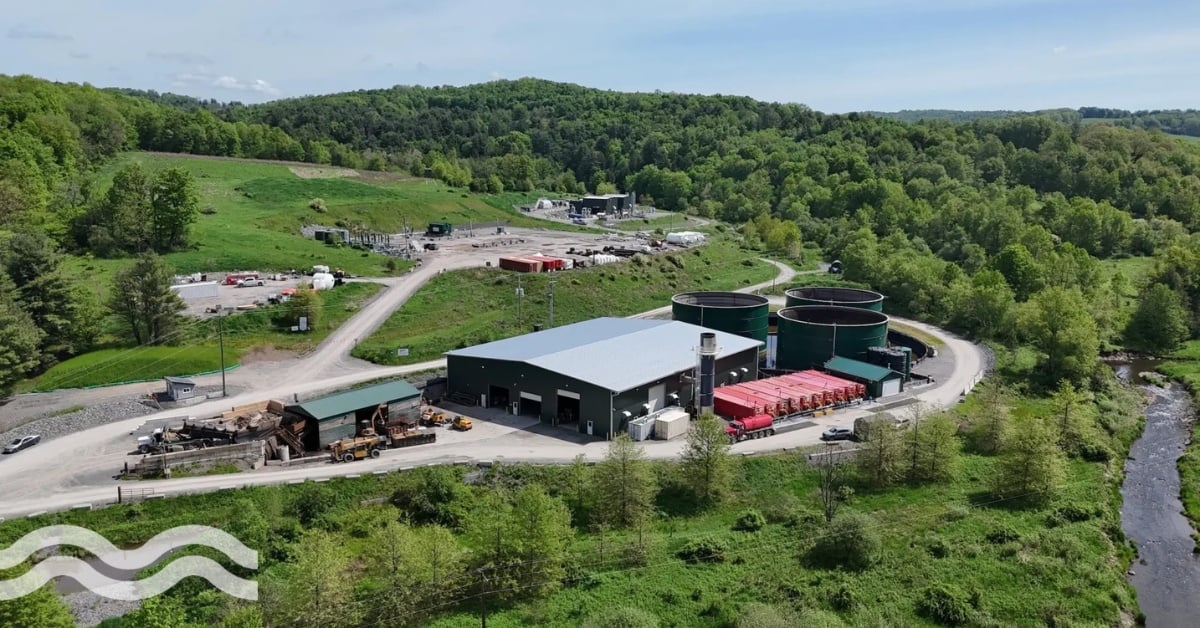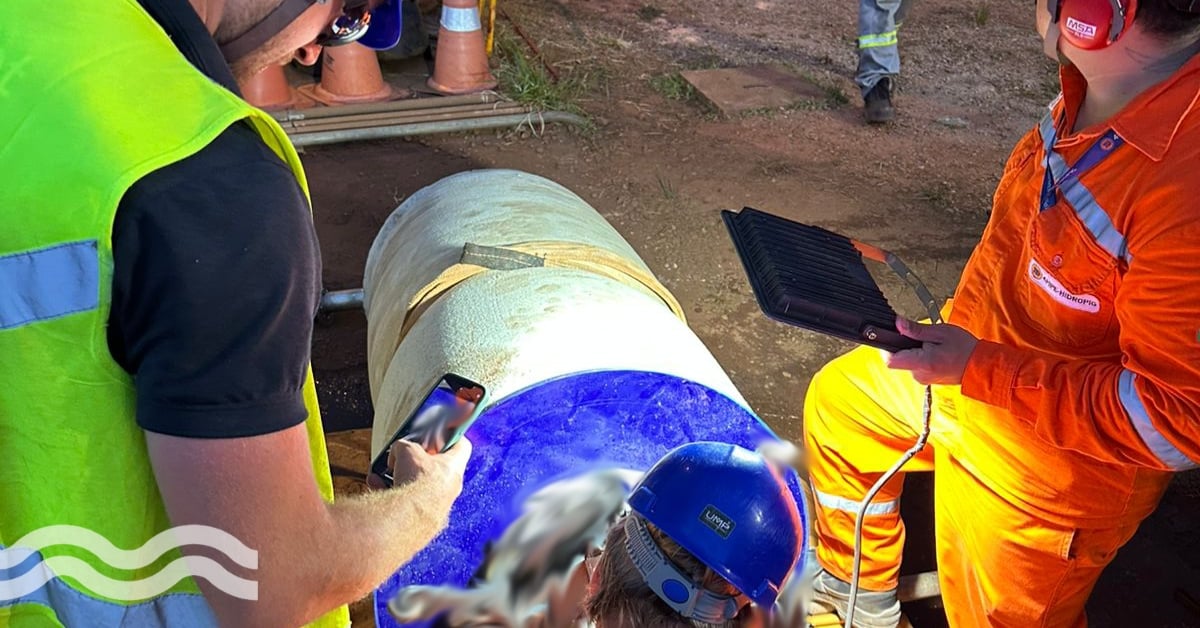Intel plans to be “net water positive” by 2030
Ambitious sustainability road-map
Earlier this year Microsoft announced it would be carbon negative by 2030.
And now semiconductor king Intel plans a similar move but for water: to achieve net positive water use within the next decade.
As part of its new 2030 strategy and recently published corporate responsibility report, the computer chip giant laid out an ambitious sustainability road-map.
This includes using 100 per cent renewable power, sending zero total waste to landfill and additional absolute carbon emissions reductions.
For water, the company had already set out the target of 100 per cent water restoration from its manufacturing activities by 2025.
Now it wants to go one step further.
To achieve its new 2030 goal, Intel will need to increase water conservation to “record high levels” of 60 billion gallons by the end of the decade. This will also need to include funding external water restoration projects.
“We also will go beyond the aspirations of or existing 2025 water restoration goal in order to achieve net positive water use by 2030, including funding projects in water-stressed areas,” the report said.
On-site water reclamation
Semi-conducting manufacturing is a very water-intense business.
Intel has been credited for its water-restoration efforts, coming in fourth place on Fortune’s Change the World Sustainability All-Stars list last year.
Since 2000, the company reported it had exceeded its goal to reduce water use below 2010 levels on an intensity basis, achieving a 38 per cent decrease.
Added to which, in partnership with environmental non-profit organisations, it restored one billion gallons of water to local watersheds.
As part of the company’s commitment to restore 100 per cent of its global water use, Intel implemented various water conservation projects in 2019.
This included completing the expansion of its existing water reclaim facility at its factory in Qiryat Gat, Israel, as well as having begun ramping its newest reclaim facility at its Ronler Acres factory in Hillsboro, Oregon.
Additionally, it said it made progress on the construction of a new water reclaim facility at its Ocotillo factory in Chandler, Arizona.
These water reclaim facilities are said to have resulted in an increase in the total water savings from 2018 to 2019 of more than 45 per cent in Israel, and 30 per cent in Oregon.
In 2019, a team of engineers at Intel’s Dalian fabrication facility in China completed a project to help reclaim water for use in the cooling towers.
Intel estimates that the system will result in the reuse of approximately 145 million gallons of water per year.
Supplier environmental impact
Intel also sent the CDP water questionnaire to 46 suppliers that are located in water-stressed regions.
The company reported having achieved a 100 per cent response rate with 93 per cent of the 46 suppliers publicly sharing their responses.
With the company unveiling plans that would include enabling sensor technology to reduce power usage, partnering with material vendors on recyclable packaging and developing longer-term, energy-efficient architectures, it has laid out an ambitious sustainability road-map for the next decade.
Last year, the company opened its smartest, LEED Platinum building in Petah Tikva, Israel. The building is also reported to use approximately 75 per cent less water than the average office.
Inclusive sustainability practices
Bob Swan, Intel Corporation’s chief executive officer, said: “We are committing to accelerate the adoption of responsible, inclusive, and sustainable practices in key areas in our operations and supply chain, and across the technology industry and society.”
The CEO said the challenge for carbon neutral computing would need to involve its customers.
“We will also take on the challenge together with our customers and others to achieve carbon neutral computing through improved product energy efficiency and sustainable design - and the increased application of technology solutions to reduce emissions in high-impact industries,” he added.
Suzanne Fallender, director of corporate responsibility, Intel Corporation added that the organisation would launch “collaborative initiatives to drive additional carbon emissions reductions and sustainable chemistry practices across our industry”.
Related content
We promise never to send you spam and you can unsubscribe at any time!



